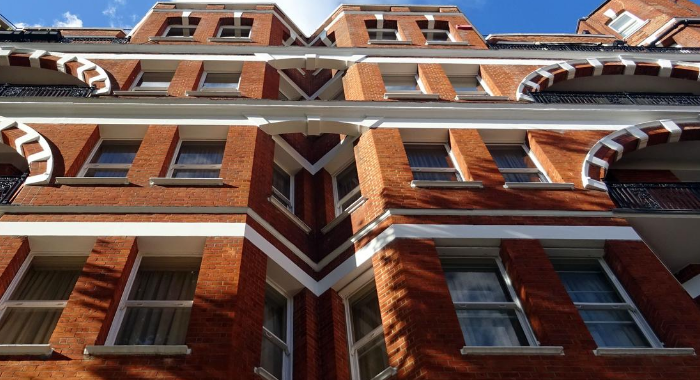As of August 1, rent and mortgage payments will be due, just as unemployment benefits and remaining federal and local eviction protections expire. Jobs remain scarce and financial assistance dwindles, and families, who were able to make ends meet pre-COVID, are now unable to pay rent and put food on the table. Soon St. Louis will be facing a housing crisis that will jeopardize the health and well-being of all in our community and will especially impact people of color. In the coming months, record number of eviction cases will be filed and, simply put, there will not be enough legal aid lawyers to represent all who need assistance.
Already our legal aid programs have seen a significant uptick in calls for direct aid assistance, especially from immigrant clients, many of whom were excluded from any kind of economic relief through this crisis. The devastating impact the COVID crisis has had on our immigrant community is an indication of what is to come in the weeks ahead for all our clients as benefits and protections expire. Nationwide there are estimates of as many as 28 million evictions by the end of September – three times the number of evictions that occurred in 2008. In the St. Louis area, the roughly 6,000 annual number of evictions could triple.
In order to respond to this COVID-related housing crisis, St. Francis is seeking more attorneys to assist with the overflow of intakes we anticipate getting. Together we can provide legal aid support that may keep families in shelter. Please let us know if you and your firm are able to assist by contacting our Managing Attorney, Amy Diemer at amy.diemer@slu.edu. St. Francis will offer training and support throughout the process.
Our legal aid program, the Catholic Legal Assistance Ministry, has provided civil legal aid to the St. Louis metropolitan area and surrounding counties for more than thirty years. Annually, we provide legal aid in over 1,500 cases in the areas of immigration law, veterans advocacy, family and guardianship law, housing crisis cases, and municipal court cases. We serve clients at 150% of the Federal Poverty Level or less.



